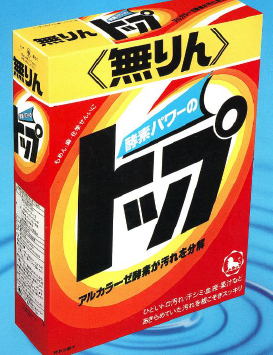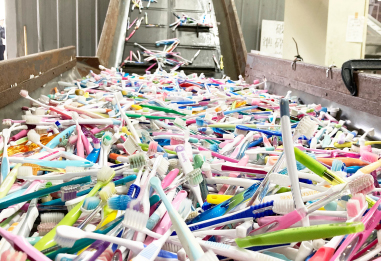
Lion, which began with soap and toothpaste production, inherited the mission of “fulfilling a spirit of love” during its founding as part of its fundamental DNA. With the aim of providing products that promote mental and physical healthcare, we have proposed ways to form better habits by providing products and information to consumers while working to ensure widespread healthcare awareness. In addition, for nearly a century, we have worked hard to develop environmentally friendly products. In these ways, Lion has proposed better habits to solve social issues and foster healthy, clean, and hygienic lifestyles through its businesses. Going forward, we aim to achieve business growth and contribute to a sustainable society by continuing to propose better habits.
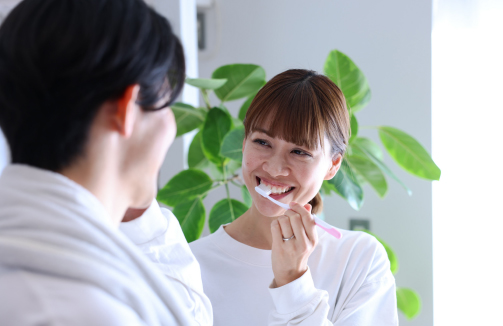
In the Meiji period, tooth brushing habits had not yet become established in Japan, and, with the influx of foreign cultures, there were more opportunities to eat sweet, soft, and warm foods. Due to these changes in diet, most children started getting cavities. Lion began its oral helthcare initiatives with a strong and urgent sense that if no action were taken, Japan would collapse due to cavities.
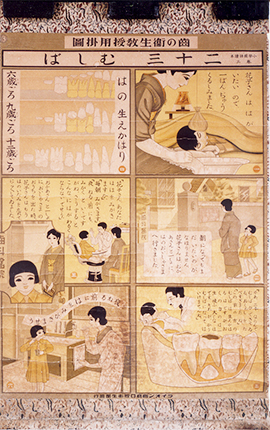
To protect oral health, we not only developed and sold products but also strove to broadly raise awareness. The Oral Health Event of Tooth Brushing for Children has been held for more than 90 years since 1932 to teach children proper tooth brushing habits. In addition, we established the Lion Foundation for Dental Health to conduct dental exams and promote awareness of oral health. We have striven to engrain oral helthcare habits in society by, for example, raising awareness of tooth brushing through advertisements.
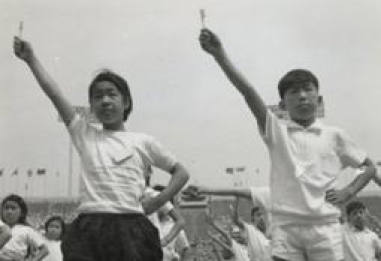
Currently, around 70% of consumers brush their teeth two or more times per day. With an increase in the use of fluoridated toothpaste, the percentage of children with cavities has declined. Two pillars of the Company’s business are the establishment of such oral helthcare habits and the evolution of toothpaste, toothbrushes, dental floss, and other products that support said habits.
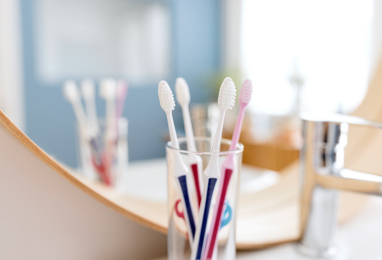
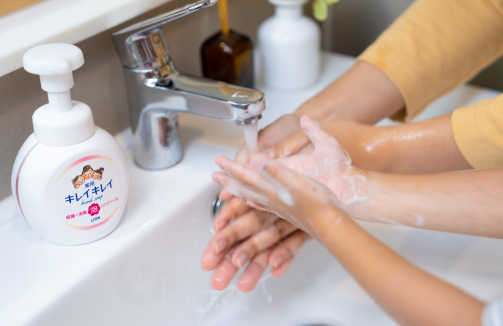
When we began manufacturing and selling soap in 1893, we also began promoting hygienic habits. In 1996, there was an outbreak of food poisoning caused by E. coli O-157 that brought issues of hygiene to the forefront of public attention, and encouraging handwashing habits to protect children from viruses and bacteria quickly became a social issue. In response, we began selling Kirei Kirei hand soap in 1997, the following year. Since then, we have developed products to meet the needs of the time, such as the global spread of infectious diseases, while putting effort into promoting the widespread adoption of handwashing habits in schools and homes. We are currently working to raise greater awareness of the need for cleanliness in various Asian countries.
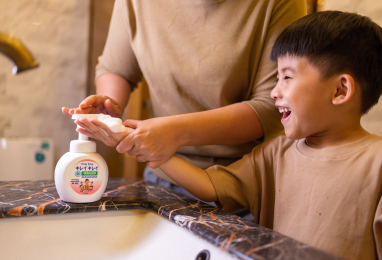
In the 1950s, roundworm affected a large segment of Japan’s population, and fruits and vegetables contaminated with microscopic roundworm eggs and agrochemicals became a social issue. Amid this situation, we launched Lipon F in 1956 as Japan's first kitchen detergent for washing fruits, vegetables and tableware formulated to remove roundworm eggs and agrochemicals from produce and food detritus from dishes. We worked hard to promote its widespread use in restaurants, inns, cafeterias, and homes, signaling the start of our history in kitchen detergent. Our current kitchen detergents have inherited this tradition of working to raise Japan’s hygiene standards and make a clean kitchen a given.
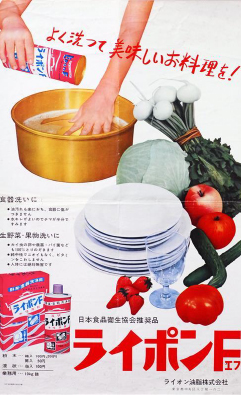
We continue to research laundry methods aligned with the times in line with the belief that we contribute to happy households by raising awareness of the effective and rational use of washing methods employing soap and detergents. Since the Taisho era (1912–1926) we have offered hands-on classes for homemaker groups in farming and fishing villages with laundry workshops and reviews of product information, and in 1936 we established the Lion Laundry Science Laboratories. By creating educational materials for use in home economics classes and by supporting teachers, we continue to provide more families with laundry methods aligned to the times. We are currently researching the needs of society in light of changes in lifestyles and the changes in how households assign chores as well as the evolution of washing machines and other appliances. We are also raising awareness by releasing information on the lifestyle data website Lidea and with the Meisters of Daily Life.
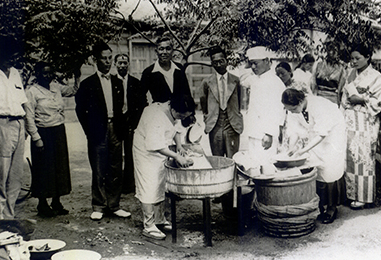
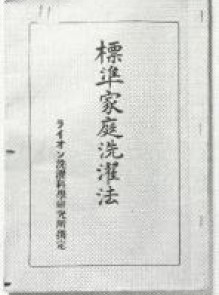
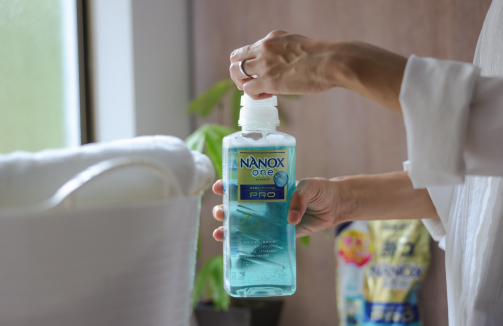
Over the years, Lion has maintained initiatives to effectively utilize plant resources, for example, since more than 100 years ago in the Taisho era it has pursued research on soap created utilizing oil waste byproducts from soy sauce production. In the high growth 1960s, we developed cleaning agents with excellent biodegradability to address the foaming problem in rivers caused by the rapid rise in waste liquid detergents. We led the industry in the 1980s in developing TOP, a detergent that does not use phosphorus, which are linked to eutrophication. We have focused on creating products that aim to support cleaning power and the environment. Currently, due to improvements in rapid rinse performance, we have made a single rinse cycle practical and taken measures to reduce the amount of water used during washing. In addition, we have expanded products connected to eco habits in various life scenes, such as reducing the amount of plastic used for refill containers. In recent years, we have worked to promote the recycling of such products as toothbrushes and refill pouches, striven to realize a resource recycling society through good habits, and synergistically promoted corporate activities and measures for a sustainable global environment with the aim of achieving business growth and contributing to a sustainable society.
